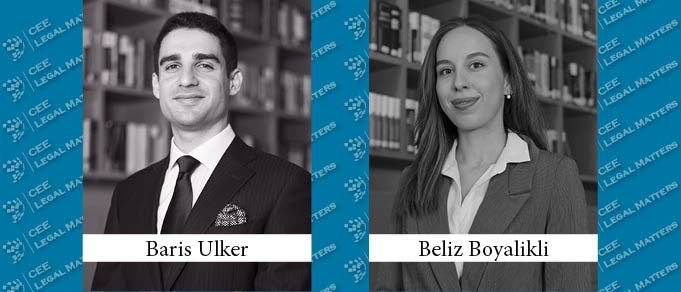The Law on the Amendment to the Consumer Protection and Property Ownership Law numbered 7392 [“Amendment Law”] was published in the Official Gazette on April 1, 2022. Most changes will enter into force six months later, i.e., as of September 1, 2022. In this article, we will explain the significant amendments introduced to the Consumer Protection Law No. 6502 ["CPL"] as per the Amendment Law [available in Turkish only].
Amendments in Consumer Loans and Housing Finance
The banks required insurance in loans requested by consumers, and they usually accordingly imposed an insurance policy on the consumers along with the loan agreement. With the amendment, it is now mandatory to provide a loan package that does not include an insurance contract to the consumer. This amendment is intended to prohibit banks from requiring insurance while providing loans.
This amendment has also been implemented in terms of housing finance contracts, with the goal of protecting consumers from ancillary financial products and services, which are a significant cost factor.
Delivery Period of Prepaid Housing Sales Extended
In prepaid house transactions, the maximum transfer or delivery period was increased from 36 months to 48 months from the contract date. As a result, the contractor companies' project completion period is now 48 months.
New Liabilities for E-Commerce Platforms
The Amendment Law regulates the liabilities in distance contracts in which intermediary service providers, such as e-commerce platforms, are parties and in which they are jointly and severally liable with the seller or provider. In this respect, for instance, e-commerce platforms are now jointly and severally liable for confirming and proving to provide preliminary information to the consumer with the seller or provider. Also, intermediary service providers must implement a continuous system to ensure the communication and follow-up of consumer demands regarding the issues set forth in the relevant regulations.
Amendments in After-Sales Services
Manufacturers and importers' liability for after-sales services will no longer be restricted to the warranty period, but rather to the product’s expected life period as determined by the Ministry of Trade of the Republic of Turkey. Otherwise, manufacturers and importers will be required to reimburse consumers for their losses. As a result, manufacturers and importers will be jointly liable for any product defects that arise after the expiration of the warranty period.
The Authority of Consumer Arbitral Tribunals Was Expanded
The monetary limit for applications to consumer arbitration committees has been increased by the Amendment Law, and it has been regulated that disputes up to 30,000.00 TRY will be heard in consumer arbitration committees in 2022. Another amendment in favor of the consumer is that if an existing information or document that has not been submitted to the consumer arbitration tribunal is submitted to the consumer court by the objecting party and the decision of the said committee is annulled, no litigation expenses and attorney’s fees will be imposed against the consumer.
Refurbished Products Will Have a 1 Year Warranty
With the Amendment Law, unity has been achieved between the CPL and the Regulation on the Sale of Refurbished Products, and accordingly, it is now mandatory to provide a guarantee of at least one year from the date of delivery to the consumer for products that were refurbished by improving their hardware, software, or physical features and offered for sale.
Penalties are Now More Deterrent
Administrative fines for sellers, manufacturers, importers, and intermediary service providers have been increased, and the penalty of imprisonment has been instituted for breaches of liabilities regarding timeshare vacations. On the other hand, the Board of Advertisement can now decide to block access to content in CPL violations committed by online advertisers.
By Baris Ulker, Senior Associate, and Beliz Boyalikli, Legal Trainee, Guleryuz & Partners






















